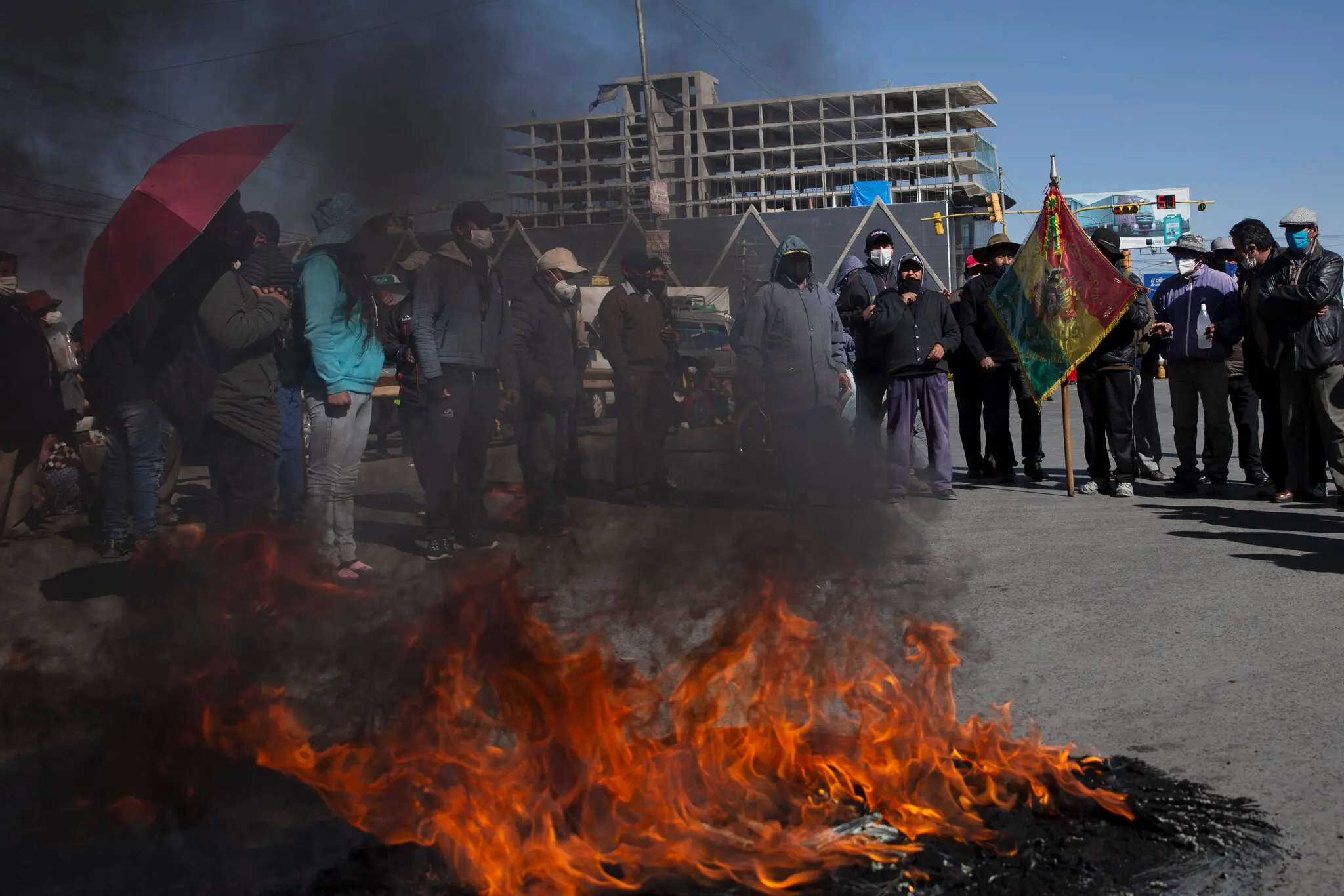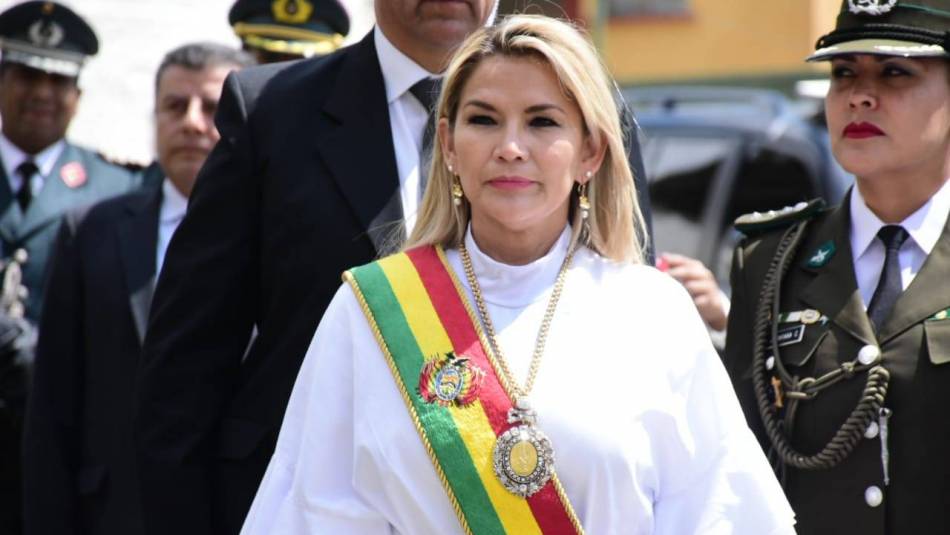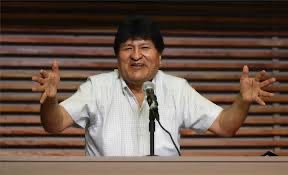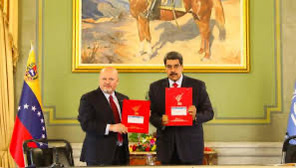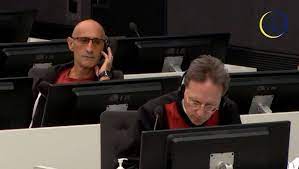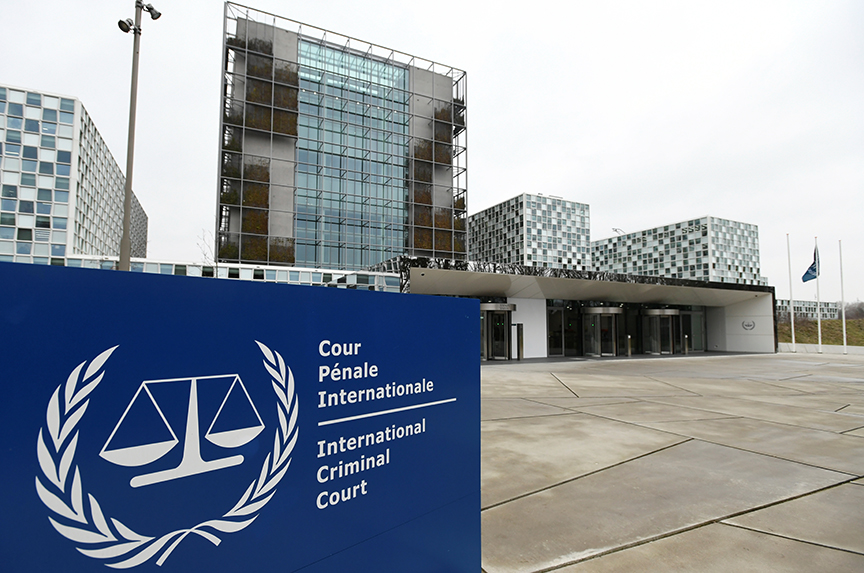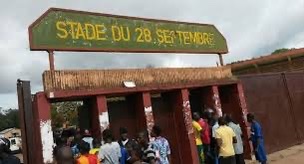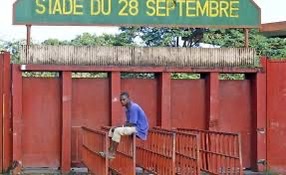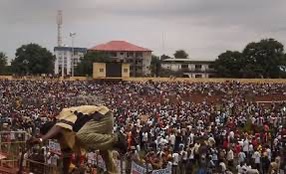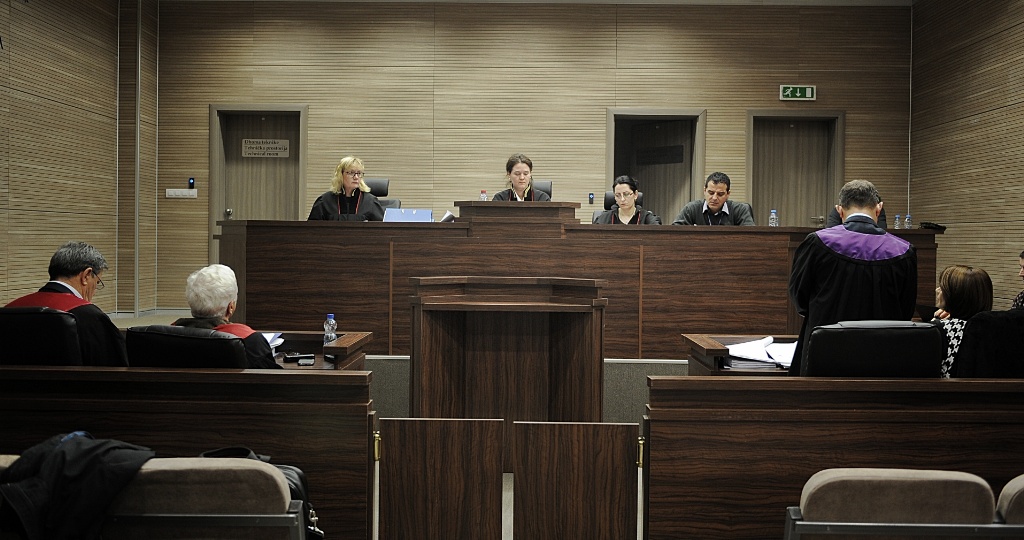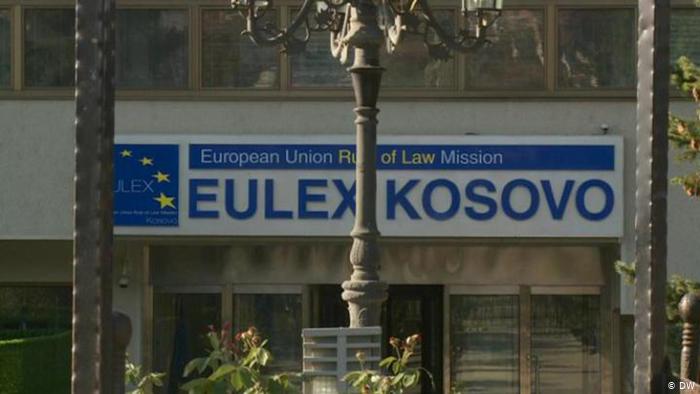Bringing fresh ideas to an ongoing debate of some duration and substance rarely happens. But do read on for my brief take on why establishing a boutique tribunal to try Putin for the crime of aggression is unrealistic, and why there may be a more practical and achievable solution in investigating and prosecuting those most responsible for crimes being committed in the Russo-Ukrainian war – save for the crime of aggression.

Most agree that Putin’s war-making was unprovoked, unjustified, and unlawful. I say most because there are some who believe that Russia had legitimate reasons for initiating what Putin has characterized as Russia’s “special military operation.” Most also agree – or seem to agree despite any legitimate findings by an independent international tribunal – that Putin is guilty beyond any doubt of the crime of aggression. And many of those who have made their findings and conclusions of Putin’s guilt, call for the establishment of a tribunal with the singular purpose to try and convict Putin, expeditiously, for aggression. Of course, they envisage that a few others would also be charged and tried as well for aggression, but Putin is the great white whale (though it should be remembered that Moby Dick was both Ahab’s obsession and the prize he could not have).
Due process niceties aside (apologies for being a stickler), by all media accounts, academic panel discussions, and political rhetoric, Putin has been found guilty – and not just for the crime of aggression, but for war crimes and crimes against humanity. As those pushing for this boutique tribunal see it, setting up a tribunal to try Putin just for aggression would simplify matters of proof, and though not publicly espoused, could/would also serve as a midwife for establishing the crime of aggression as customary international law (CIL). Its adoption by the International Criminal Court (ICC), such as it is, does not make it so. Were a recognized and legitimate international tribunal for aggression established that would be a game-changer, perhaps crystalizing the crime of aggression as CIL – even if the United States, China, Russia, India, and most likely France and the United Kingdom and many more states would hold otherwise.
If only we had this boutique tribunal on aggression. How simplistically naive.
I remain optimistic that the day will come when the crime of aggression is unquestionably accepted as CIL. And yes, it is noble to herald the establishment of an international tribunal on aggression with jurisdiction to investigate, prosecute, and convict any head of state and others engaged in aggression wherever they may hail from.
But let’s get real.
It is an article of faith that Putin – an autocrat presumably running Russian affairs unimpeded by liberal democratic refinements and unconstrained by his inner circle of oligarchs and upper echelon-cum-latter-day apparatchiks – is responsible for and guilty of all crimes that have been and are being committed. Perhaps so. But as in any conflict or war, nothing is ever black and white – especially if viewed from all sides. Admittedly, some of my personal views are shaped by what I see in the media, but I also know, from professional experience, that there is much that I do not know. That is why I am a firm believer in both substantive and procedural justice.
Support for one side of the conflict, even if it seems morally and legally just, does not prove guilt of the other side. For that, we need independent tribunals with a level playing field for any accused, irrespective of his or her national origin. Troublingly, we hear nothing of crimes or atrocities having been committed by Ukrainian soldiers, officers, or political elite, and thus query whether the legion of motley investigators collecting evidence against the Russian forces and associated private armies and mercenaries, are conducting any serious investigations against Ukrainians forces for any alleged crimes (see Amnesty International’s press release about Ukrainian fighting techniques endangering civilians here). If this war is like any other war since time immemorial, it is highly likely that crimes are being committed by all sides – though not necessarily (and certainly not in this war) on the same scale.
I have not heard of anyone objecting to Ukrainians not being subject to prosecution, but then I have not heard of any investigations being conducted against any Ukrainians. I raise this to stress that if we are committed to the rule of law and to eradicating impunity in all forms, then we should be up to objectively investigating and robustly prosecuting anyone alleged to have committed crimes. For that we need impartial tribunals.
Even were it possible (I think not, but do read on) to establish a tribunal to try Putin for aggression, it seems so result-oriented as to call into question its legitimacy – irrespective of the soundness of the ultimate quality of justice rendered. Yes, perceptions matter. And it’s as if it is a zero-sum game: aggression or nothing.
Let’s take stock – realistically.
We know that the United Nations Security Council (UNSC) will not countenance the notion of a tribunal dedicated exclusively to aggression or even inclusively to other crimes – whether it is established for Putin or others. The permanent members of the UNSC with veto power – the United States, China, Russia, the United Kingdom, and France (the big five) – will not tolerate the existence of such a court. Their heads of states could easily find their heads on the proverbial chopping block. None of these states (as well as many more) have genuinely embraced the ICC’s adoption of the crime of aggression. Neither China nor Russia will countenance a UNSC tribunal as in the International Criminal Tribunal for the former Yugoslavia (ICTY) and the International Criminal Tribunal for Rwanda (ICTR), even if the crime of aggression was not included as one of the statutory crimes.
That leaves the United Nations General Assembly (UNGA). The UNSC’s big five have no veto power to stop any discussion in its tracks, but virtually all have sufficient clout and persuasive influence (it would be a perversion to call it soft power considering the pressure attached with stimulative measures of negative consequences some if not all of the big five will apply), to sink any efforts by the UNGA to establish a tribunal that either exclusively or inclusively has aggression as one of its enumerated crimes. Another non-starter, though some are convinced otherwise.
The ICC, we know, has no jurisdiction to try Putin on aggression.
National courts which exercise universal jurisdiction may be less inclined to prosecute a head of state for aggression considering the immunity issue (arguably not an issue at an international court) – though not an issue with war crimes and crimes against humanity.
Where does that leave us?
The simple answer – which others I am sure have considered – is for the UNGA to establish an ad hoc international tribunal, dedicated to try war crimes, crimes against humanity, and genocide committed by anyone during the Russo-Ukrainian war, with a temporal jurisdiction to encompass events as far back as 2014 and spanning the territories of Russia, Belarus, Ukraine, and perhaps elsewhere. Without the crime of aggression, this is feasible. And the best option.
Were the UNGA to establish such a tribunal, it should take precedence over the ICC. Despite the headline-grabbing rhetoric of the Prosecutor and the abundance of resources offered to his office for investigating crimes in Ukraine, the ICC is only really suited to try but a very few cases – and even that may be a stretch if it is to seriously fulfill its mandate in dealing with other mass atrocity crimes in areas under its jurisdiction. Why, it can barely manage to eke out an occasional conviction as it is – even after years and years of preliminary examinations and investigations. No doubt there will be some turf-war push-back from the ICC’s Office of the Prosecutor (ICC OTP), but to paraphrase a line from the film Pulp Fiction, that is pride [and ego] talking. The simple truth is that it is much more efficient and effective to have an ad hoc tribunal dedicated to investigating and prosecuting anyone alleged to have committed mass atrocity crimes in the Russo-Ukrainian war.
My point is that the UNSC and the ICC are not the only game in town. The UNGA established the Extraordinary Chambers in the Courts of Cambodia. Hardly a perfect example, but a partnering model has much to be said for it. From a legitimacy point of view, a tribunal is more likely to be widely accepted when it will investigate, prosecute, and judge all sides to the conflict – not just Putin, his cronies and stooges, Russian officers, and soldiers. Such a tribunal would require Ukraine to commit. The crime of aggression not being on the table even for discussion, should enable a more focused and less detractive discussion for a quick establishment of a court.
The procedure can (and I advise should) be inspired by/modeled after the ICTY. Lessons learned over the years and from Mechanism for the International Criminal Tribunals can be applied – especially in the selection of judges (bluntly, some ICTY and ICTR judges were ill-qualified, and there should be no second tier judges as at the ICC). The office of prosecution should have a unified structure with functional control over the investigative section, which should be subordinate to and under the direct supervision of the prosecutor and his or her deputies.
In sum, my humble advice is for those pushing for a boutique tribunal on aggression to abandon their Quixotic efforts (and rhetoric), as well as for the ICC OTP to support the establishment of a UNGA ad hoc tribunal dedicated to investigating and prosecuting anyone alleged to have committed mass atrocity crimes in the Russo-Ukrainian war.
Editor’s note: this post was first published on michealgkarnavas.net on 23 February 2023. I thank Michael very much for authorising the reproduction of the post on Maastricht Blog on Transitional Justice.

